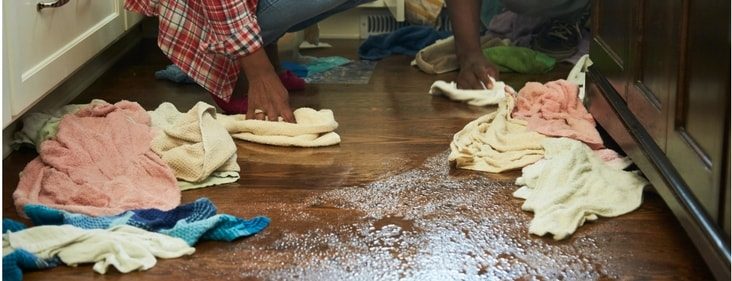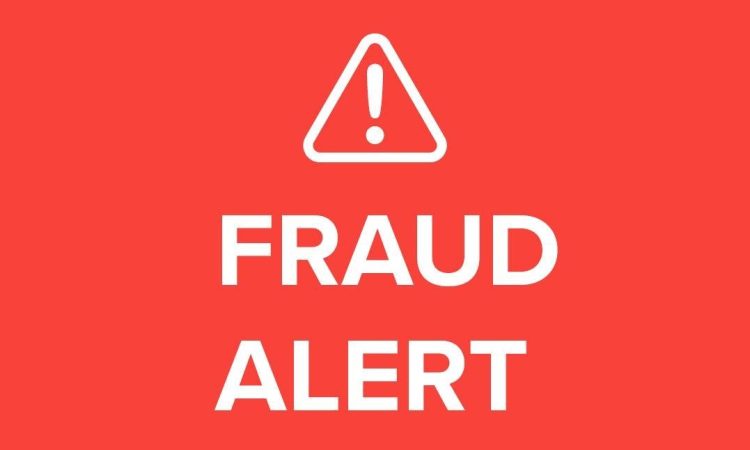
Covid-19 & Tenants: the impact of disrepair claims
On 18th May 2020, the Government wrote a letter to all social housing residents in England following on from their announcement that new measures would be implemented to attempt to reopen society and move closer to normality.
This letter contained key information relating to maintenance and repairs within the homes of tenants. It also contained additional advice and support in relation to paying rent and evictions.
It would seem that the ‘Urgent repairs only’ message we were given at the start of lockdown has now become outdated, and measures have become more relaxed. That is not to say that repairs and maintenance work can resume as normal. All tenants should expect at least some delay in the time that it takes for landlords to organise contractors and workers to attend their properties to carry out remedial works. This is due to the need for landlords to ensure that they have formulated the necessary risk assessments and have sufficient controls in place to minimise the risk and spread of the Coronavirus. Inevitably, there will also be a backlog of repair work due to the more stringent guidance that was in place a few weeks ago. Landlords are expected to continue to carry out planned external and internal maintenance i.e. roof repairs or fixing new kitchen units and windows, but all in accordance with government guidance.
Whether within private or social housing, no repairs or maintenance (including Gas Safety checks) should be carried out where a member of the household is self-isolating as a result of showing symptoms of the virus or having come into contact with another individual with symptoms. Maintenance and repairs in households where there are self-isolating members can only be carried out if it is to remedy a direct risk to those members.
With respect to individuals who have been identified as needing shielding by their GP, hospital or otherwise, inspections and repair work can still take place, but extreme care would have to be taken. It is therefore very important for all tenants to communicate such circumstances to their landlords, and to keep them updated.
When it comes to carrying out repairs or inspections, the Government have produced guidance which provides information on safer working in other people’s homes.
It applies to landlords who employ contractors themselves, as well as surveyors and other home workers such as plumbers, fitters and others engaged to provide repair services.
It is to be expected that such individuals will implement stringent safety practises when visiting the homes of tenants, and such practices have to be reciprocated and accepted by those tenants. There are ways for tenants to ensure the safety and well-being of all those in the home at the time of inspections or repairs. For example:
- Effectively liaising with contractors or surveyors before they arrive at the property so that appointments can be adhered to and preparations can be undertaken before their arrival. This will also help tenants to understand what works are going to be undertaken, and what parts of the property will be accessed
- Keeping contractors/surveyors up to date with health circumstances i.e. if someone has stopped self-isolating or a vulnerable person no longer resides in the property
- Sanitising/disinfecting the relevant areas that are to be inspected or repaired
- Opening windows and internal doors and keeping them open during the visit
- Ensuring that the property is not going to be overcrowded by other residents and planning where each member will be at the time of the visit. It may be that some members can leave the property whilst the repair/inspection is taking place
- Implementing social distancing and keeping at least 2 metres apart. If tenants want to assist contractors or surveyors in identifying problems, use of video calls is encouraged
- No food or drinks should be offered by tenants
- If tenants are needed to sign off on repairs, it is encouraged that confirmation of the works carried out be sent by text or email instead
- Tenants can help contractors/surveyors to dispose of waste safely by keeping a waste bin open and readily accessible directly outside of the entrance to the property
- Rooms and areas where contractors/surveyors have been working should be cleaned and disinfected when the contractor/surveyor leaves the property
It is important to note that if tenants are not willing to follow the relevant safety practices in place, then repair work and inspections could be delayed unnecessarily. If such works or inspections are relevant in Court proceedings, then delays at the fault of the tenant with no real justification will be taken into account by the Court and may prejudice their position.
For now, it seems as though it is business as usual as long as landlords, tenants and those who are engaged to carry out works and inspections are playing their part to ensure each other’s safety.
If you are a tenant and have questions about the above information, please ring our Housing Team on 01623 468468 or fill out our enquiry form below.
Request a CallbackRelated Articles
-

Be Alert to Cyber Fraud: A Warning to Clients
Members of the public must be vigilant of cyber fraud at all times. Scammers will often pose as a trusted…
-

Care proceedings Court of Appeal win
Hopkins Solicitors (instructed for the children) have acted in the recent Court of Appeal case of Re P and E…
-

New government pilot with Resolution for family disputes
On Tuesday March 26, 2024 the UK Parliment considered a formal question on family resolution and particularly, Resolution’s “Vision For…